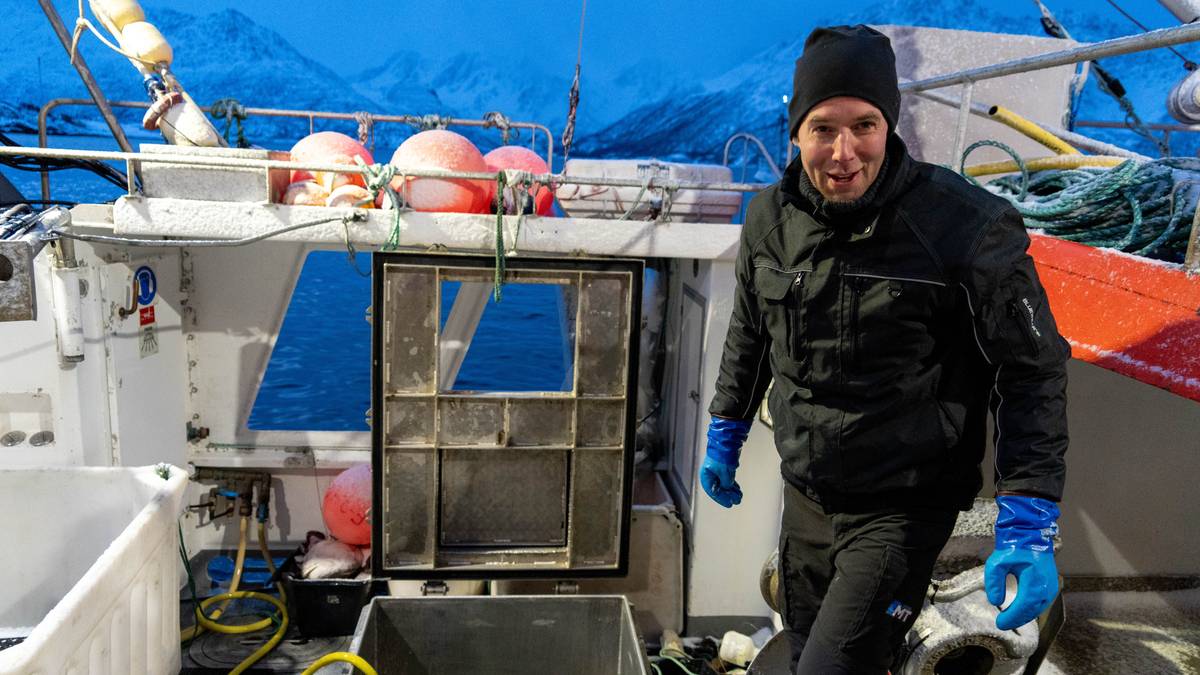Lab-grown meat and vegetable products may be getting closer to approval for consumption in the UK as the food safety watchdog will be researching them to ensure they are safe.
Cell-cultivated products (CCPs) are a new type of food made without using traditional farming methods such as rearing livestock or growing plants and grains.
Their attraction for both consumers and investors lies in their apparent sustainability as they don't need huge amounts of land, while the greenhouse gas emissions resulting from livestock are also slashed.
With the use of science and technology, cells from plants or animals are grown in a controlled environment to make the new product.
There are currently no CCPs approved for human consumption in the UK.
Read more:
Are alternative proteins going mainstream?
Lab-grown meat could be about to take a small step closer to our plates
The Food Standards Agency (FSA), with Food Standards Scotland, won the bid to be awarded £1.6m in funding from the government's Engineering Biology Sandbox Fund (EBSF) for the two-year programme.
Announcing the funding, the FSA said it needed to learn "about these products and how they're made, to make sure they're safe to for consumers to eat".
"This information will enable us to make well-informed and more timely science and evidence-based recommendations about product safety and address questions that must be answered before any CCPs can enter the market.
"It will also allow us to better guide companies on how to make products in a safe way and how to demonstrate this to us."

Follow Sky News on WhatsApp
Keep up with all the latest news from the UK and around the world by following Sky News
Professor Robin May, chief scientific advisor at the FSA, said: "Ensuring consumers can trust the safety of new foods is one of our most crucial responsibilities.
"The CCP sandbox programme will enable safe innovation and allow us to keep pace with new technologies being used by the food industry to ultimately provide consumers with a wider choice of safe foods."

 5 months ago
45
5 months ago
45
























 English (US)
English (US)